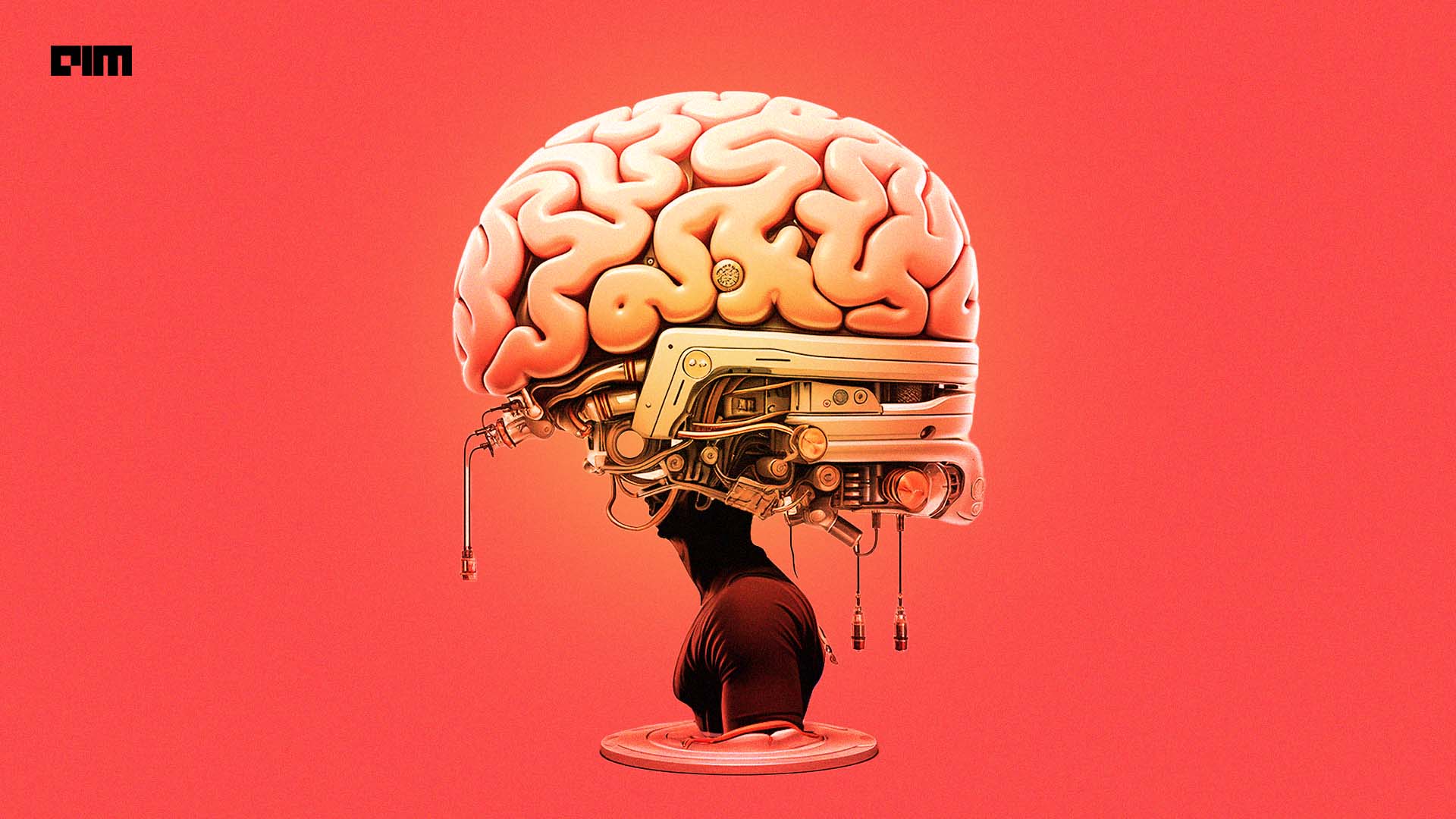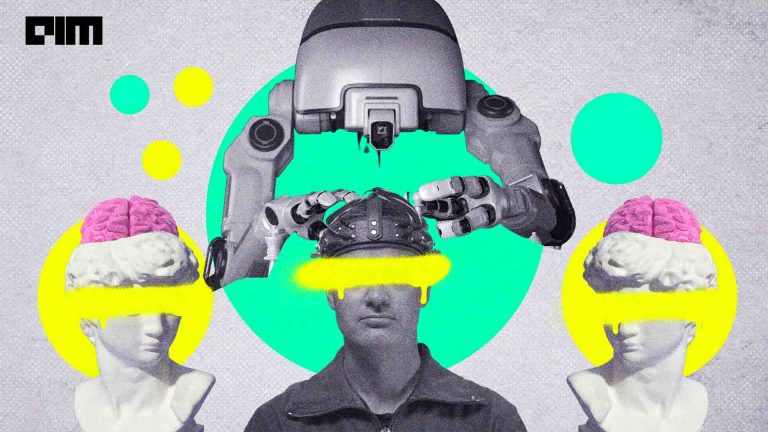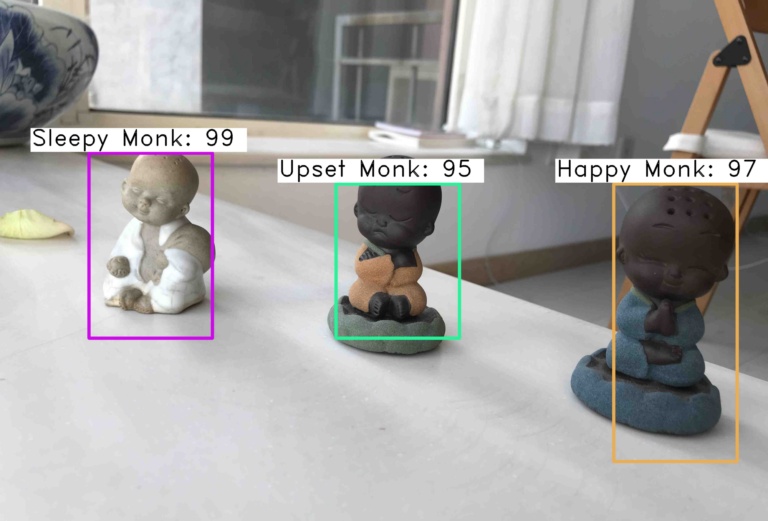A few months back, AIM spoke to Dr Thomas Hartung from John Hopkins University, who was making intelligence in a dish. He said that by combining an organoid with 10 million neurons—which is around the size of a zebrafish brain—and high computing hardware, we could create a bio-computer that uses the decision-making power of neurons for a new kind of AI.
Cut to the present, researchers from the Indiana University of Bloomington, the University of Florida, and the University of Cincinnati School of Medicine have published a paper titled, “Brain Organoid Computing for Artificial Intelligence”.
Now we have a human brain on a chip, taking it a step further. Researchers are pushing the limits of what these small, brain-like structures can achieve.
The paper, which is yet to be peer-reviewed, introduces Brainoware, calling it the future of AI hardware, in a bid to replace ANNs. “We wanted to ask the question of whether we can leverage the biological neural network within the brain organoid for computing,” lead researcher Feng Guo told Tech Xplore. “This is just proof-of-concept to show we can do the job.”
Guo and his research team cultivated clusters of specialised stem cells that evolved into neurons, the fundamental building blocks of the brain. A standard brain comprises 86 billion neurons, with each neuron forming connections to as many as 10,000 other neurons.
The cluster of neurons, referred to as an organoid, generated in Guo’s laboratory measures less than a nanometer in width. It was linked to a circuit board through an array of electrodes, allowing machine-learning algorithms to decipher the organoid’s responses.
The paper states that unlike existing 2D cultures and neuromorphic chips, Brainoware’s brain organoids boast advancements in complexity, connectivity, neuroplasticity, and neurogenesis, all achieved with minimal energy consumption and rapid learning capabilities.
Organoid Neural Networks for AI
The novel biohybrid computer, amalgamating a “brain organoid” with conventional AI, demonstrated the capability to perform a speech recognition task with 78% accuracy.
In a practical demonstration, the team converted 240 recordings of 8 Japanese speakers uttering vowel sounds into electrical pulses. Subsequently, they trained an AI to identify the speaker based on the neural activity of the brain organoid in response to electrical stimulation.
While Brainoware was less accurate in speech recognition compared to a traditional computing system with AI, and sustaining the organoid required resources like a CO2 incubator, it represents a crucial step toward more advanced biocomputing systems in the future.
A typical human brain operates on a mere 20 watts, a stark contrast to the colossal 8 million watts consumed by current AI hardware using artificial neural networks (ANNs).
The researchers of the paper say that current brain-inspired silicon chips while promising, struggle to fully emulate the complexities of brain function for efficient AI computing. Brainoware, leverages living biological neural networks within 3D brain organoids, presenting a potential solution to the existing hardware bottleneck. This showcases the potential of integrating human biology into computing for enhanced capabilities.
Hartung and his team call this “organoid intelligence”, or OI, which could be the next step of computing. These systems would be powered by living human brain cells.
The future is organoid intelligence
Real-world applications, such as solving nonlinear equations, highlight the technology’s potential to learn from training data by reshaping the neuronal connections of organoid neural networks (ONNs).
Brainoware employs living human brain organoids as dynamic reservoirs for “unsupervised learning,” converting time-dependent inputs into spatiotemporal sequences for AI computations. Through spatiotemporal electrical stimulation, Brainoware enhances its computing performance and demonstrates on-chip learning abilities via synaptic plasticity.
The generation and maintenance of organoids face issues of heterogeneity, low throughput, and varied viabilities. Interfacing with Brainoware through current MEA electrodes is limited, prompting the need for innovations such as brain-machine interfaces and soft electrodes to enhance connectivity with AI hardware.
With OI, we could study the cognitive aspects of neurological conditions and put our brains to the test. For instance, we could compare the memory formation in organoids taken from healthy individuals versus those with Alzheimer’s and attempt to patch up any deficiencies. Or, we could experiment with whether certain substances, like pesticides, can cause learning or memory difficulties.
While Elon Musk is installing chips inside human brains with NeuraLink, researchers are planning to plant brains inside chips – no kidding.



















































































